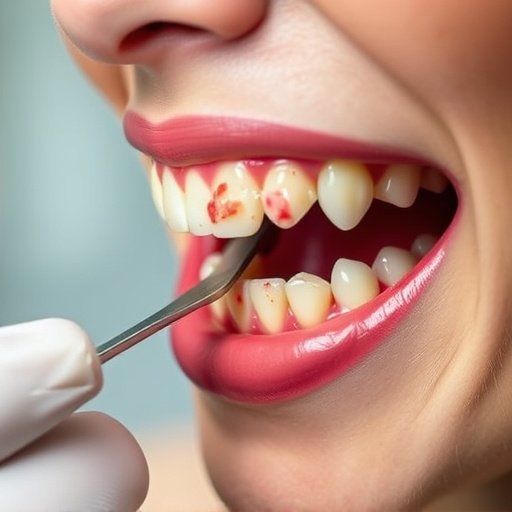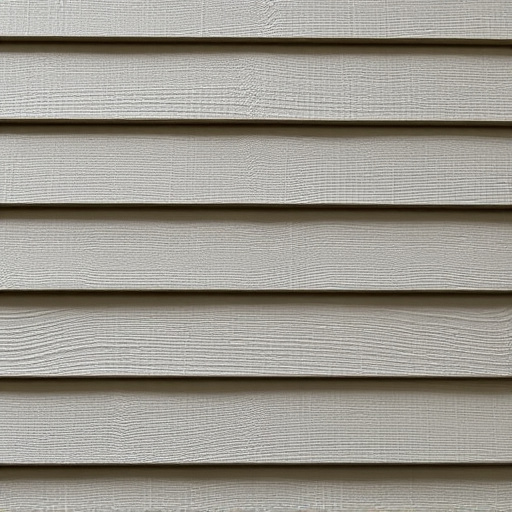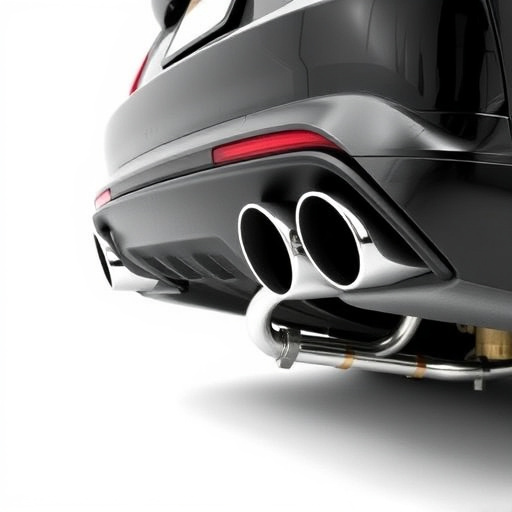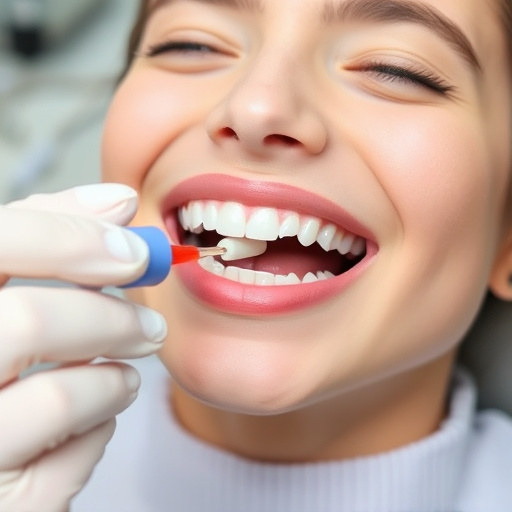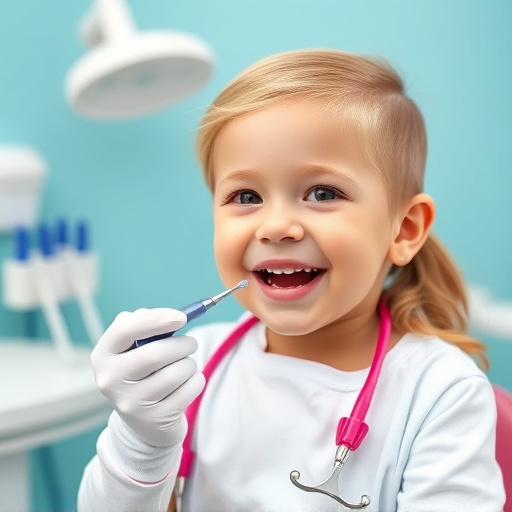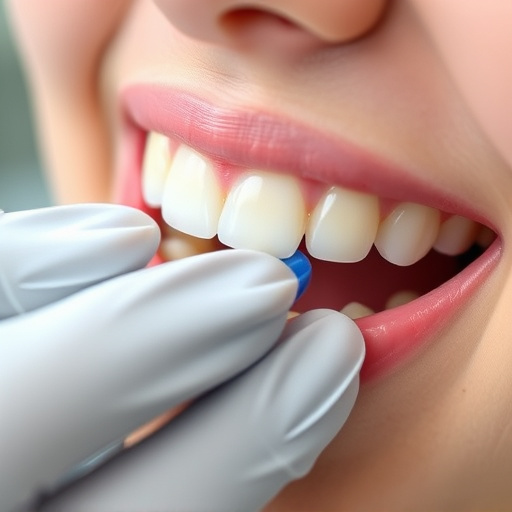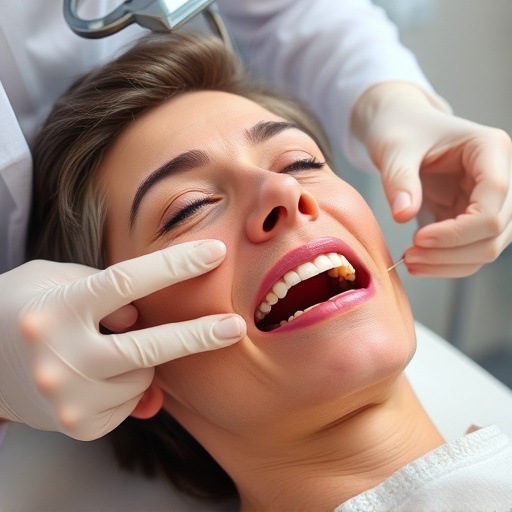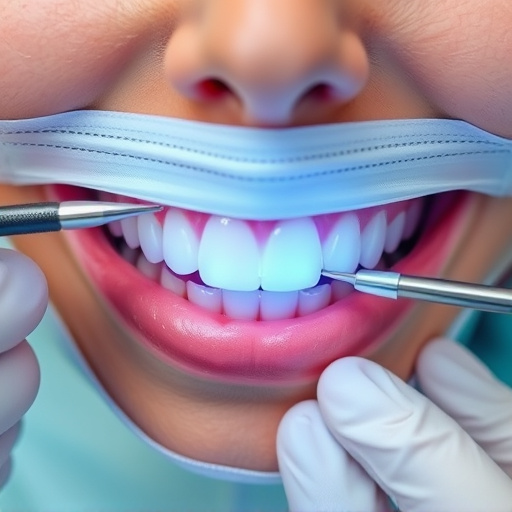Oral health assessment is crucial for early detection of dental issues like decay and gum disease, promoting better overall oral health, preventing future emergencies, and saving time & resources through proactive care, including personalized hygiene guidance and lifestyle modifications.
Oral health assessment is a cornerstone of proactive dental care, enabling dentists to detect early signs of potential issues. By understanding this essential process, individuals can ensure optimal dental well-being. This article delves into the fundamental concepts of oral health assessment and highlights how it serves as a powerful tool for uncovering common dental problems at their nascent stages. We explore the myriad benefits of regular check-ups in fostering superior dental health.
- Understanding Oral Health Assessment: The Foundation
- Early Detection: Common Dental Issues Unveiled
- Benefits of Regular Check-Ups for Optimal Dental Care
Understanding Oral Health Assessment: The Foundation
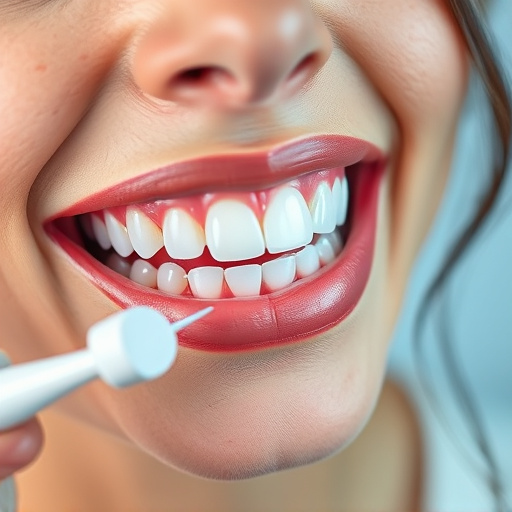
Oral health assessment is a fundamental process that forms the cornerstone of comprehensive dental care. It involves a detailed examination of the mouth, teeth, gums, and related structures to identify any potential issues or signs of disease. This proactive approach allows dentists to detect early stages of dental problems, such as tooth decay, gum inflammation, or even more complex conditions like oral cancer. By understanding the current state of oral health, patients can take informed decisions regarding their dental hygiene routines and necessary treatments, including procedures like dental fillings or wisdom tooth removal.
Regular oral assessments are crucial in general dentistry as they enable dentists to provide personalized care tailored to each patient’s unique needs. This process may include visual inspections, X-rays, and other diagnostic tools to uncover hidden problems. Early detection through these assessments can prevent minor issues from escalating into more serious dental concerns, ultimately saving time, money, and maintaining overall oral health.
Early Detection: Common Dental Issues Unveiled

Early detection is a cornerstone of any healthcare strategy, and oral health assessment plays a pivotal role in this regard. By performing routine checks, dental professionals can uncover potential issues at their inception, preventing them from escalating into more complex – and expensive – problems. Common dental issues that an oral health assessment can unveil include tooth decay, gum disease, and even the early signs of tooth wear.
Beyond these, an assessment may reveal problems like misalignments that could benefit from clear aligners or minor cosmetic imperfections that can be addressed with procedures such as dental bonding. Early detection not only preserves the structural integrity of teeth and gums but also helps in maintaining overall oral health, potentially saving individuals from requiring emergency dental care down the line.
Benefits of Regular Check-Ups for Optimal Dental Care
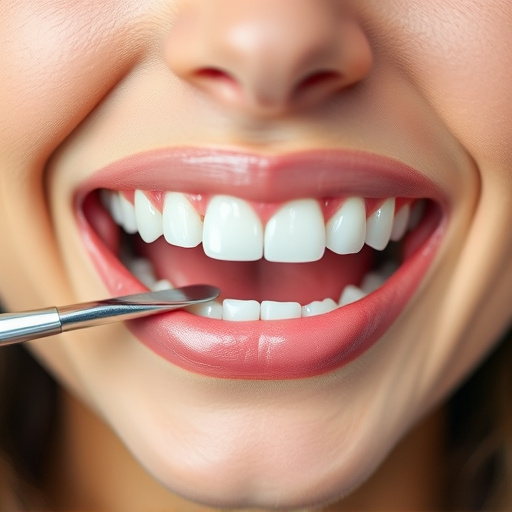
Regular oral health assessments are a cornerstone of optimal dental care. These check-ups allow dentists to detect early signs of dental issues, from minor decay to more serious conditions like gum disease. By addressing problems at their inception, patients can avoid costly and extensive restorative procedures in the future, such as dental crowns or complex regenerative dentistry treatments.
Comprehensive dental care through routine oral health assessments provides an opportunity for proactive management of your smile. Dentists can offer personalized guidance on proper brushing and flossing techniques, nutrition advice, and even lifestyle modifications to support overall oral health. This holistic approach ensures that not only are immediate issues addressed, but also the long-term health and longevity of your teeth and gums.
An oral health assessment is a powerful tool that enables dental professionals to detect potential issues early on. By incorporating regular check-ups into your routine, you can ensure optimal dental care and prevent common problems from becoming more severe. This proactive approach to oral hygiene is key in maintaining a healthy smile for years to come.
